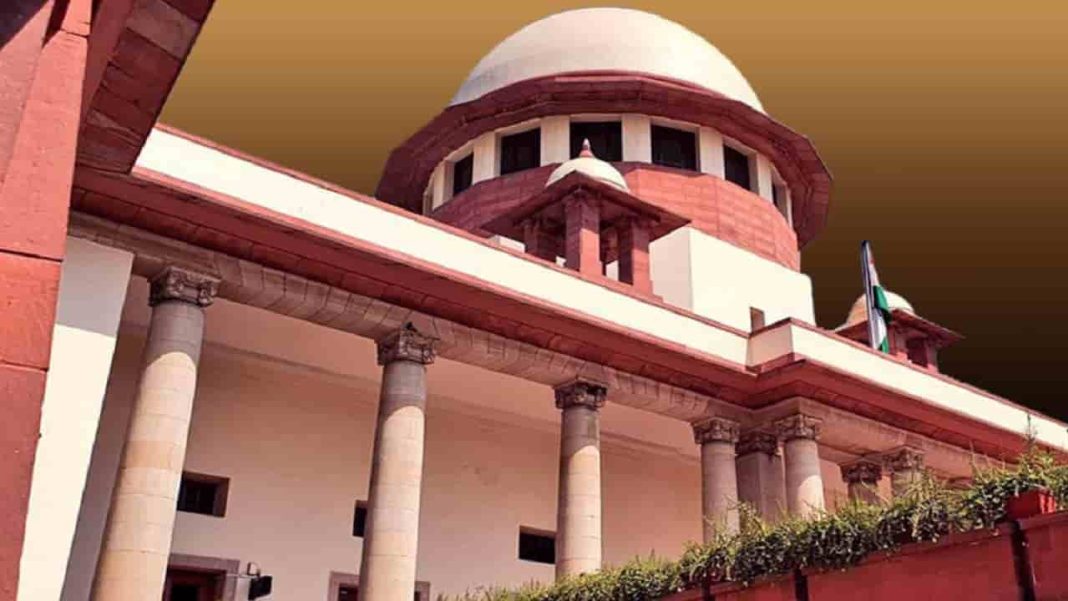The Supreme Court has observed that the minority status of Aligarh Muslim University (AMU) cannot be decided today on the basis of political alignment of AMU founders during the British Raj, noting that the same will not have any bearing on the case.
The observations were made by the Constitution Bench of Chief Justice of India DY Chandrachud, Justice Sanjiv Khanna, Justice Surya Kant, Justice JB Pardiwala, Justice Dipankar Datta, Justice Manoj Misra and Justice Satish Chandra Sharma on a batch of petitions concerning the minority status of AMU.
The Constitution Bench observed that the founders could have aligned with either Mahatma Gandhi or Khilafat, but the same will not have any bearing on the minority status of the institute.
The Apex Court made such observations after Solicitor General (SG) Tushar Mehta, representing the Central government, submitted that every historian has described the founders of AMU as loyal to the British.
The CJI said that assuming there were two factions (of the founders). While the loyalists supported Mahatma Gandhi, those in Khilafat movement branched out to form Jamia Millia Islamia. Their loyalty did not mean the institute’s minority character changed or that the same had a bearing depending on whether they were aligned to or opposed to the then executive.
Responding to the arguments made by Advocate MR Shamshad (for the petitioners), the CJI said that a minority institute can say that it has the choice to establish a school but it cannot say that it has to be recognised when it comes to conferring degrees without an enabling statute or legal regime.
A person need not have to give up the minority status if he/she sought aid and this was fairly well established, noted the top court of the country.
When Attorney General for India R Venkataramani contended that Article 30 of the Constitution on right to establish and administer minority institutions was an enabling provision, the CJI observed that it cannot be said that he, as a State, decided whether to grant the status or not. This was not enabling in that sense. He asked whether it was a fact that an institution created under a statute had a bar to get a minority status?
He imagined a hypothetical situation and said suppose there was a minority trust that created a university; now the foundation was itself a minority. Was there a bar for the university to have minority recognition?, he asked.
Appearing for the petitioners, Senior Advocate Rajeev Dhavan asked the SG to stick to the pleadings rather than rely on books which alleged that AMU founders’ loyalties lay with the British.
The Apex Court then observed that these were broadly the parameters the Bench drew up in the judgment on abrogation of Article 370. It said something in a book was ultimately secondary compared to official records. But, it was important to be a little careful with underlying material from books because it depended on which side a person was on.


